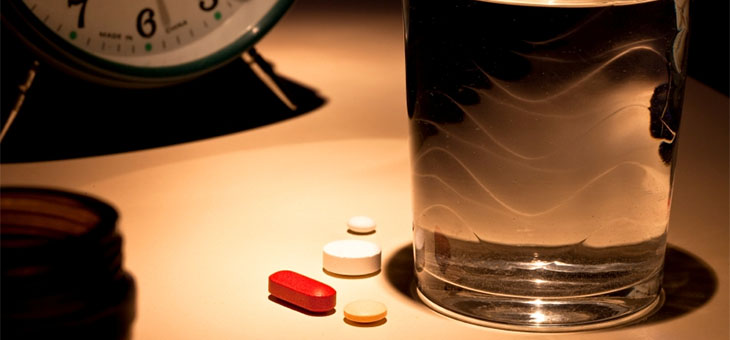If you’ve been prescribed antibiotics in recent years, you’ve most likely been urged by your doctor or pharmacist to also take probiotics to offset the potentially harmful effects of the antibiotics on your gut.
But a new study warns that probiotics themselves can be harmful.
The Royal Australia College of General Practitioners (RACGP) describes probiotics as “live bacteria found naturally in the gut, as well as in select foods and supplements”.
It also says: “When taken in adequate amounts, they provide a health benefit to the person.”
But a study published in the journal Nature Medicine, says “some patients may be put at serious risk by the bacteria in probiotics”, which could result in blood infections. The study adds that doctors should weigh the risks of probiotics in severely ill or immune-compromised patients before prescribing them.
Probiotics are live micro-organisms that are naturally found in the body and in fermented foods and dietary supplements. On the positive side, they help us digest food, produce vitamins and essential nutrients and protect against disease-causing organisms.
Probiotics are widely prescribed for such conditions as bowel disorders that are linked to abnormal gut microflora, or for anyone suffering a debilitating illness and who may require nutritional support from good gut bacteria.
“Patients on antibiotics might receive probiotics to prevent Clostridium difficile antibiotic-resistant diarrhoea, because they help to re-establish some healthy gut micro-organisms,” the study authors say.
The study was undertaken to understand whether bacteria found in the blood in certain patients came from probiotics. It looked at 552 patients in intensive care who were treated with probiotics containing Lactobacillus rhamnosus, compared to 21,600 who were not.
The results showed that six patients were diagnosed with blood infections due to L. rhamnosus, compared to zero patients from the group not given probiotics. “In other words, the first group was found to have a markedly higher risk than the second,” the study reports.
Previous studies have suggested the possibility of gene transfer from probiotic microbes to other bacteria in the gut, making the latter antibiotic-resistant. Some studies also show that probiotics can lead to the production of toxins and that some probiotics contain micro-organisms that are completely different to those named on the label.
The researchers conclude that not only can bacteria found within probiotics directly lead to bacteremia – or blood poisoning – in susceptible patients, but they can also mutate and adapt to the presence of antibiotics.
The RACGP says: “Probiotic foods and supplements have been determined to be safe for use in the general healthy population at recommended doses.”
It says, however, that it is “best to find a product containing the strain(s) that have demonstrated the best evidence for the benefit you are seeking” and adds that more work needs to be done on whether probiotics are best acquired via food or supplements.
The RACGP says fermented foods high in ‘good’ bacteria include:
- yoghurt with live cultures – look for one billion probiotics per serve 1 x 10(9) CFU
- kefir (fermented milk or water-based drink) – usually has 30 beneficial strains of good bacteria
- fresh kimchi (Korean fermented vegetables)
- fresh sauerkraut (fermented cabbage).
Do you regularly take probiotic supplements? Or when you are prescribed antibiotics? Were you aware they may be unsafe for some people?
If you enjoy our content, don’t keep it to yourself. Share our free eNews with your friends and encourage them to sign up.
Related articles:
Fears over ‘forgotten’ nutrient
How old is old?
Government policy is killing us

